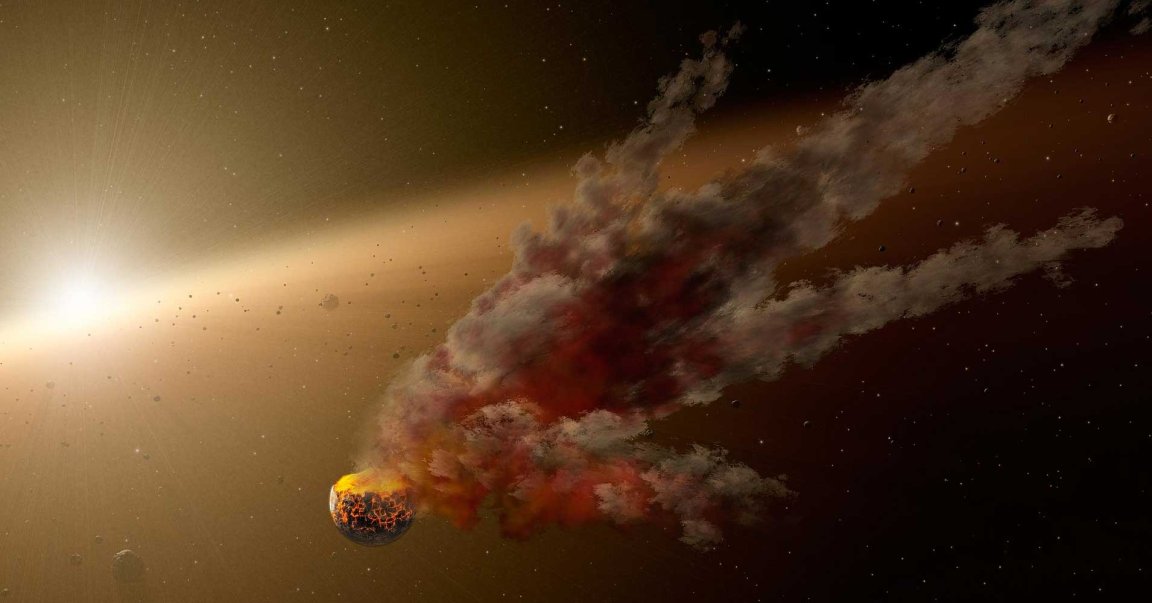
Flying Blind
Earth is defenseless against asteroids that could cause utter annihilation, says former NASA astronaut Russell “Rusty” Schweickart.
No, he didn’t spot any hostile extraterrestrials during his time in space. Schweickart told Business Insider at last month that he’s concerned about Earth’s inability to spot and monitor potentially-disastrous asteroid impacts.
All it would take to fix that, Schweickart went on to explain, is if NASA would allocate the $40 million needed to launch an orbital observatory called the Near-Earth Object Camera (NEOCam), which was specifically built to detect asteroids but has been sitting idly since it was constructed in 2006. NEOCam would assist current land-based observatories by getting a clearer view of the sky as it orbits the planet.
“It’s a critical discovery telescope to protect life on Earth, and it’s ready to go,” Schweickart told Business Insider.
Unexciting Bureaucracy
The problem, as Schweickart sees it, is NASA’s preference to fund exciting projects and missions that will make equally-exciting scientific discoveries. Because NEOCam is unlikely to help scientists learn anything new about the cosmos — unless you consider an asteroid hurtling toward the earth to be new and exciting — it’s been pushed to the side year after year.
NASA gave $35 million to NEOCam in its 2018 budget, which is enough to keep the program running but not enough to get it into space, where it could actually make a difference.
Call Bruce Willis
Of course, should it someday reach orbit, NEOCam will only help scientists better detect incoming asteroids — not divert them.
That’s good news that would help people better plan for it on the ground, but because the technology behind NASA’s Asteroid Redirect Mission is still under development, actually stopping an asteroid on a collision course with Earth is still action hero territory.
READ MORE: Astronaut says a neglected telescope is NASA’s best chance of defending Earth from ‘city killer’ asteroids — ‘for God’s sake, fund it’ [Business Insider]
More on NASA research: NASA’s Got Ambitious Goals for Crewed Space Exploration